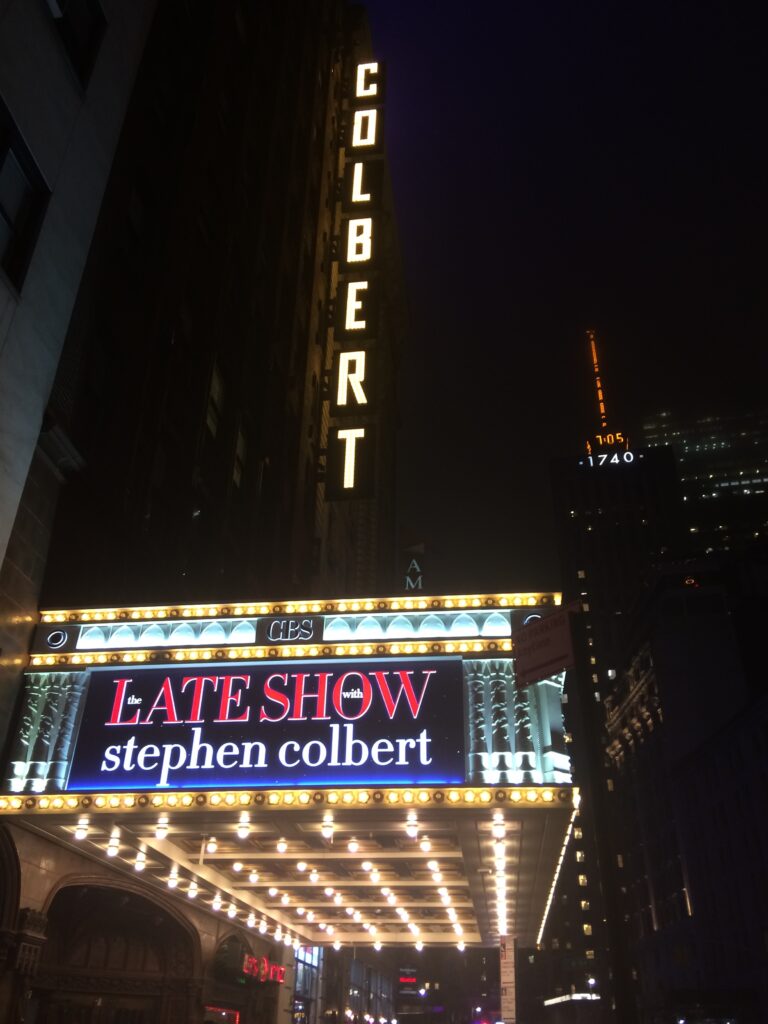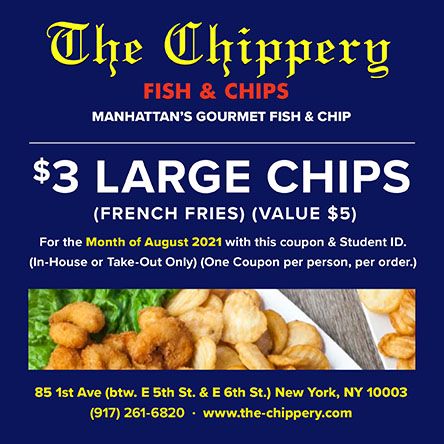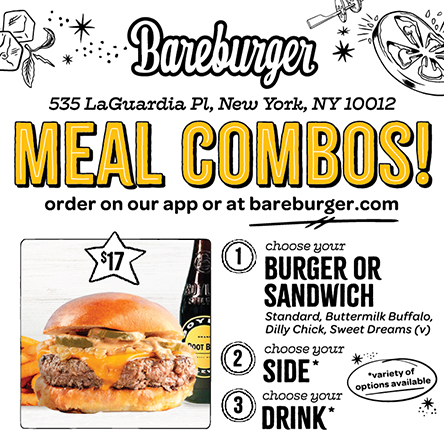In my previous chapter, I discussed the importance of being intentional with your time. I only began to realize this in senior year– far later than I would have preferred. I spent a good chunk of my undergraduate years suffocated by insecurity, which prevented me from pursuing certain social opportunities. Once I gained at least some confidence (it’s a lifelong process, isn’t it?) I began to go out more with friends, and I wasn’t overly concerned with how I looked or how much I ate that day. Graduation time crept up on me as I realized I only had a few months of school left.
Then, COVID-19 upended everyone’s lives. Amidst all of the existential dread of graduating and parental pressure, I decided to take the LSAT in the fall with the aim of becoming an environmental lawyer. (This seems to be a right of passage for humanities majors.) When I took the actual LSAT in September, it was far from reflecting the best score I had gotten in practice, and the kicker was that while it made me feel dumb, I didn’t want to be a lawyer anyway: I only wanted to be a better writer.
The reason I decided to pursue Media and Communication again was not only to have some closure after not being able to graduate in the traditional sense, but to do what I’ve always wanted to do: comedy. I am studying Communication because of the dual interest in politics and comedy that The Daily Show with Jon Stewart sparked in me in high school. After the 2016 election, I felt extremely anxious and decided to pivot explicitly toward politics for a few years after completing my first internship at a comedy club.

I think I lost the plot along the way. I became embroiled in the world of politics, when that too never felt like the perfect fit for me. I applied to some Political Communication programs and, although I was accepted, I knew I wanted to go back to NYU. Of course it’s a very different conversation to have with your parents that you want to be a comedian, than the one about wanting to be a lawyer. But if the latter is a lie to yourself too, then why pursue it?
School is a way to grow your network of relationships, and try new things within the support structure of academia. If you’re looking to pivot careers, especially in the middle of a pandemic, going back to school can be a good place to start, depending on your financial priorities.
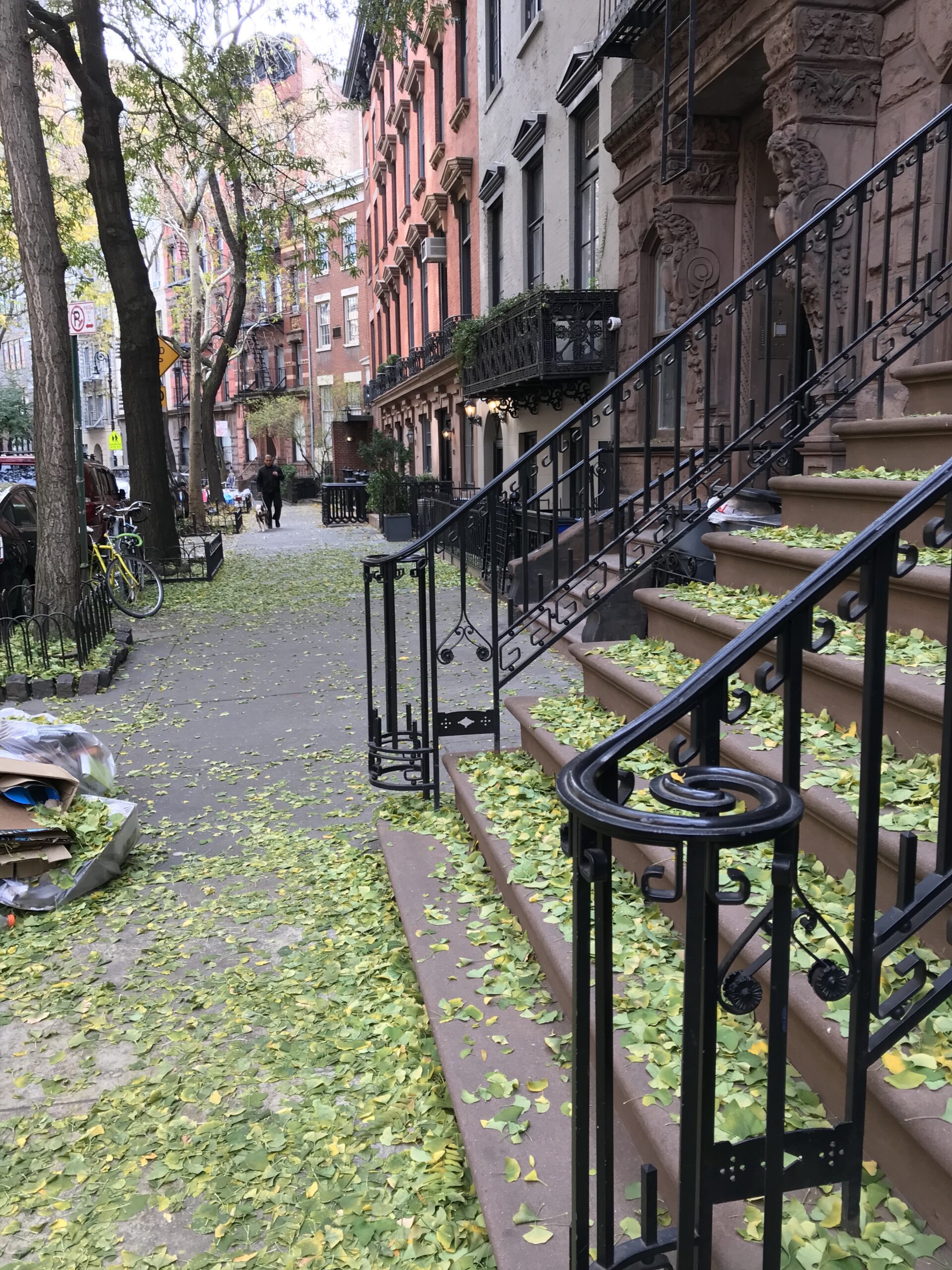
There’s a really pretentious phrase I recently heard an actor say in an interview that I want to share: “Don’t act unless you have to.” I think you could apply this philosophy to a lot of jobs that may involve constant rejection and (job) insecurity, even though it is pretentious. It took me a long time to finally decide to pursue comedy for myself, which I’ve always loved above all else, and which catalyzed my passion for other fields like public service. But what if I fail? That would be embarrassing. Nonetheless, I now feel that I have to try anyway because I already regret not starting comedy when I was younger. I don’t regret my years in politics (which frankly gave me great comedic material) because I still felt a sense of purpose, but that sense has been relatively fulfilled.
What I hear in “Don’t act unless you have to,” is that if you know you will be rejected often and are going against all odds, but still want to pursue a passion that people scoff at or cringe at behind your back, then you have to do it. For yourself.
For me, that’s comedy. What do you have to do? And who cares how long it’ll take! When it comes time to think about what comes after college, you may be overwhelmed by your options. My advice is to consider: what’s your comedy? What do you have to do?
My advice for figuring it out:
- Don’t wait until Senior Year to have a social life; build your network of relationships professionally and personally
- Consider what you love doing above all else, if money weren’t an issue
- You can do this thing as a hobby, and perhaps work up to doing something professionally if appropriate, or you may prefer to keep it as a hobby
- Your life should not be centered purely around autopilot labor for income
- You will be uncertain about pursuing certain passions until you actually start pursuing them; the “what ifs” will weigh on you in a few years so get ahead of them
- And it is *never* too late or too soon to pivot professionally if you crave something new
- Good luck!!!
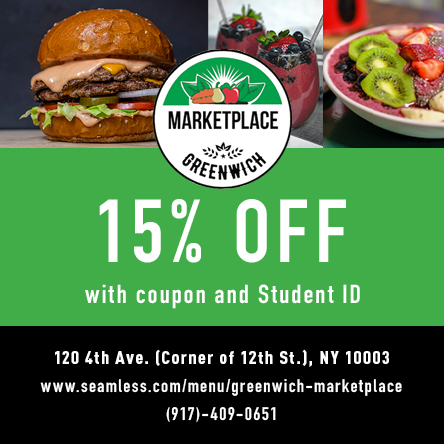
By Anna Matefy
Anna Matefy recently graduated from NYU with a Bachelor’s in Media, Culture, and Communication. She has been working in politics for the past few years, and wants to transition into a career in media entertainment/comedy. She will be attending NYU as a graduate student in Media beginning in 2021.
For over 20 years, the Campus Clipper has been offering awesome student discounts in NYC, from the East Side to Greenwich Village. Along with inspiration, the company offers students a special coupon booklet and the Official Student Guide, which encourages them to discover new places in the city and save money on food, clothing, and services. At the Campus Clipper, not only do we help our interns learn new skills, make money, and create wonderful e-books, we give them a platform to teach others. Check our website for more student savings and watch our YouTube video showing off some of New York City’s finest students during the Welcome Week of 2015.


